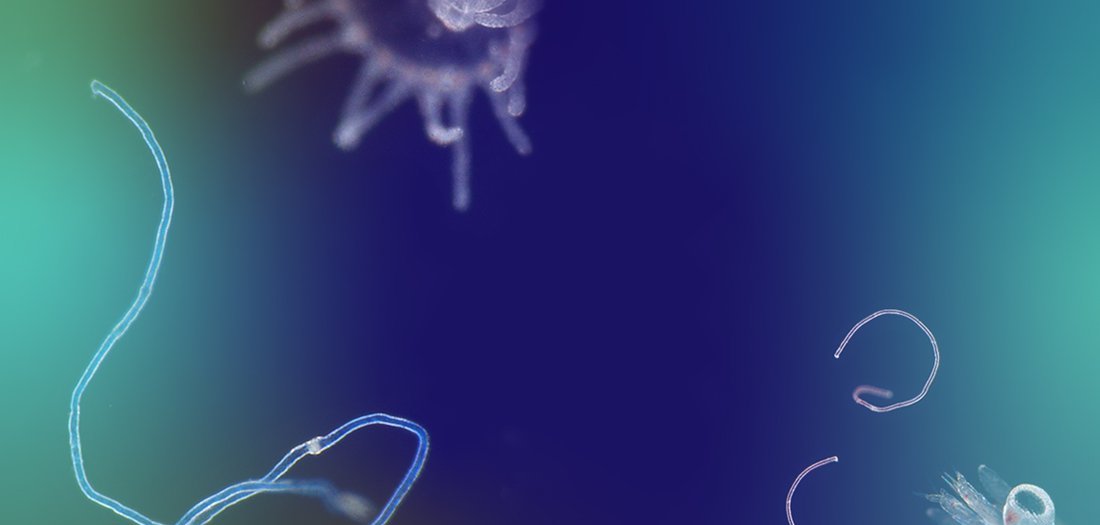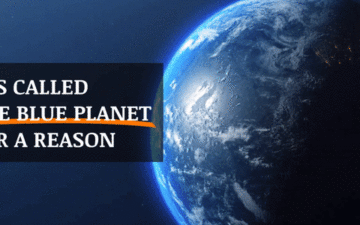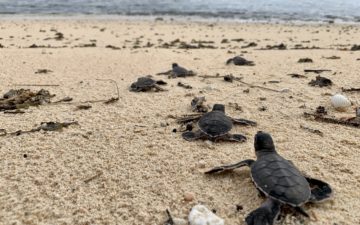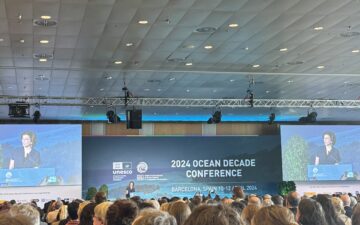WASHINGTON, D.C. – Twelve innovative solutions for addressing plastic microfiber pollution have been selected as finalists with a chance of winning a share of $650,000 as part of the Conservation X Labs (CXL) Microfiber Innovation Challenge.
The Ocean Foundation is delighted to be teaming up with 30 other organizations to support the Challenge, which is seeking solutions to halt microfiber pollution, an increasing threat to human and planetary health.
“As part of our broader partnership with Conservation X Labs to catalyze and improve conservation outcomes, The Ocean Foundation is pleased to congratulate the finalists of the Microfiber Innovation Challenge. While microplastics are just one piece of the global plastic pollution problem, supporting the research and development of new and innovative technologies is absolutely essential as we continue to work with the global community on creative solutions. To keep plastic out of our ocean– we need to redesign for circularity in the first place. This year’s finalists have made impressive recommendations about how we can change materials design processes to reduce their overall impact on the world and ultimately the ocean,” said Erica Nuñez, Program Officer, Redesigning Plastics Initiative of The Ocean Foundation.
“Supporting the research and development of new and innovative technologies is absolutely essential as we continue to work with the global community on creative solutions.”
Erica Nuñez | Program Officer, Redesigning Plastics Initiative of The Ocean FoundatioN
Millions of tiny fibers shed when we wear and wash our clothing, and these contribute to an estimated 35% of the primary microplastics released into our oceans and waterways according to a 2017 report by IUCN. Stopping microfiber pollution requires a significant transformation in textile and clothing production processes.
The Microfiber Innovation Challenge invited scientists, engineers, biologists, entrepreneurs and innovators across the world to submit applications showing how their innovations can solve the issue at the source, receiving submissions from 24 countries.
“These are some of the most revolutionary innovations that are needed to create a more sustainable future,” said Paul Bunje, Co-Founder of Conservation X Labs. “We’re excited to provide critical support to the real solutions, products, and tools that are addressing the exponentially growing plastic pollution crisis.”
The finalists were decided by external panels of experts drawn from across the sustainable apparel industry, microplastics research experts, and innovation accelerators. Innovations were judged on feasibility, potential for growth, environmental impact, and the novelty of their approach.
They are:
- AlgiKnit, Brooklyn, NY – Eco-conscious, renewable yarns derived from kelp seaweed, one of the most regenerative organisms on the planet.
- AltMat, Ahmedabad, India – Alternative materials that repurpose agricultural waste into versatile and high-performing natural fibers.
- Graphene-based fibres by Nanoloom, London, UK – An innovation initially designed for skin regeneration and wound healing being applied to fibres and fabrics for apparel. It is non-toxic, biodegradable, recyclable, does not shed and can be waterproofed without additives, in addition to inheriting graphene’s “wonder material” properties in being incredibly strong and lightweight.
- Kintra Fibers, Brooklyn, NY – A proprietary bio-based and compostable polymer that is optimized for synthetic textile production, providing apparel brands with a strong, soft, and cost-effective cradle-to-cradle material.
- Mango Materials, Oakland, CA – This innovative manufacturing technology turns waste carbon emissions into biodegradable biopolyester fibers.
- Natural Fiber Welding, Peoria, IL – Bonding networks holding natural fibers together are engineered to control a yarn’s form and enhance fabric performance features including dry time and moisture-wicking ability.
- Orange Fiber, Catania, Italy – This innovation incorporates a patented process to create sustainable fabrics from the by-products of citrus juice.
- PANGAIA x MTIX Microfiber Mitigation, West Yorkshire, UK – A novel application of MTIX’s multiplexed laser surface enhancement (MLSE®) technology modifies the surfaces of fibers within a fabric to prevent microfiber shedding.
- Spinnova, Jyväskylä, Finland – Mechanically refined wood or waste is turned into a textile fiber without any harmful chemicals in the manufacturing process.
- Squitex, Philadelphia, PA – This innovation uses genetic sequencing and synthetic biology to produce a unique protein structure originally found in the tentacles of the squid.
- TreeKind, London, UK – A new plant-based leather alternative made from urban plant waste, agricultural waste and forestry waste that uses less than 1% of the water compared to leather production.
- Werewool Fibers, New York City, NY – This innovation involves using biotechnology to design new fibers with specific structures that mimic aesthetic and performance properties found in nature.
To learn more about the selected finalists, go to https://microfiberinnovation.org/finalists
The winners of the prize will be unveiled at an event in early 2022 as part of a Solutions Fair and Awards Ceremony. Media and members of the public can register for updates, including information on how to attend the event, by subscribing to the CXL newsletter at: https://conservationxlabs.com/our-newsletter
##
About Conservation X Labs
Conservation X Labs is a Washington, DC-based innovation and technology company with a mission to prevent the sixth mass extinction. Each year it issues global competitions awarding monetary prizes to the best solutions for specific conservation problems. Challenge topics are chosen by identifying opportunities where technology and innovation can address threats to ecosystems and the environment.
For more information, contact:
Conservation X Labs
Amy Corrine Richards, [email protected]
The Ocean Foundation
Jason Donofrio, +1 (202) 313-3178, jdonofrio@oceanfdn.org







